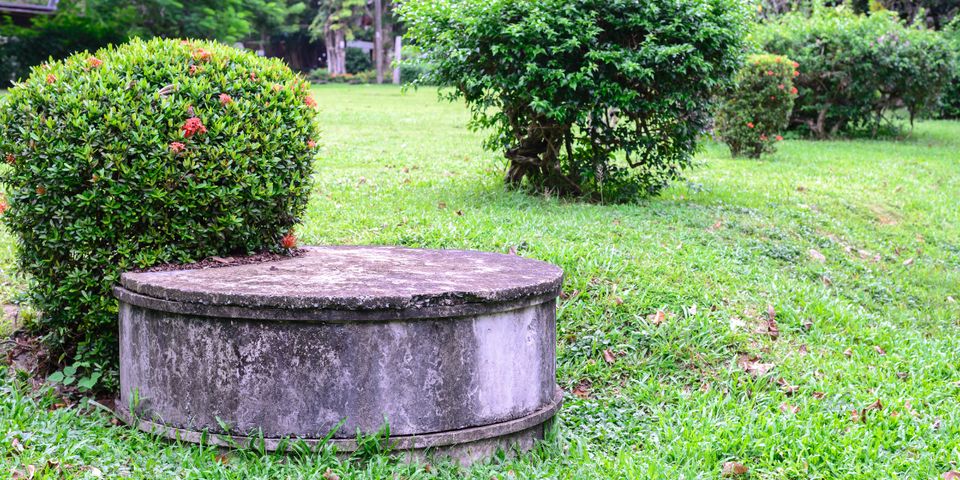
It's critical to understand how a septic system works if you don't have access to a city or municipal sewer system. It is made up of two main parts: the tank and drain field. These features work in conjunction to rid your home of wastewater and cleanse the liquid of contaminants and bacteria before it is released back into the ground supply. Septic tank care is extremely important to the functionality of the whole system, and neglecting it can negatively affect the leach field. The following guide outlines how this component works and how to maintain it to keep your home safe and healthy.
How Does the Drain Field Work?
A septic system drain field, also known as a leach or absorption field, is where wastewater from the tank goes for further treatment. Perforated pipes that are buried underground connect the tank to the disposal area. As effluent and liquids leave the container, they follow the tubes to the drain field. Partially treated wastewater percolates into the soil, and the earth filters and removes hazardous coliform bacteria, nutrients, viruses, and other organisms that could contaminate surrounding aquifers or groundwater.
Alternative solutions to regular drain fields are used in areas without sufficient soil for filtering and draining sewage. These remove toxins through the use of sand, a combination of peat and sawdust, built wetlands, or synthetic media.
How Should You Care for a Drain Field?

Proper septic tank care and system maintenance are key to a drain field’s prolonged useful life. When the area becomes oversaturated or flooded with wastewater, untreated sewage backs up in household drains or flows into the ground before being decontaminated. Not only does it smell foul, but it is also considered a health hazard since it contains harmful bacteria and other organisms.
Avoid emergency septic services by protecting your drain field. Refrain from building structures or placing heavy objects, like a parked car, on top of the ground that covers the pipes. Doing so compacts the soil, making it difficult for the effluent to pass through. Regular septic tank care, like routine pumpings, prevents solid waste from being carried towards the field and clogging the pipes.
If you plan to spruce up the open area with landscaping, opt for flowers, grass, and other shallow-rooted plants. Steer clear of trees, shrubs, and vegetation that produces deep roots since they actively seek out water and could infiltrate and damage the pipes. Minimize the risk of oversaturation by ensuring your gutter downspouts, pool, or hot tub drain away from the field. Consider spreading out loads of laundry to avoid using excess water, and set the right load size for each cycle.
Keep your drain field in excellent condition with top-quality maintenance from Wright’s Septic Service in Tomah, WI. This business proudly serves residents throughout Monroe County, offering septic cleaning, septic tank pumping, routine inspections, and other services to ensure your property properly disposes of waste. Call (608) 372-3615 to request prompt septic service.
About the Business


